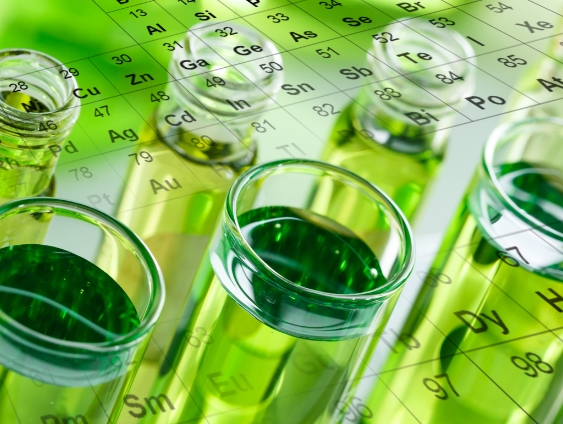In the realm of scientific inquiry, understanding the fundamental differences between physical, chemical, and biological processes is crucial. These processes govern the behavior and interactions of matter and energy in various systems. In this article, we delve into the intricacies of these processes, highlighting their unique characteristics, mechanisms, and applications. By unraveling their disparities, we gain a deeper appreciation for the diverse phenomena that shape our world.
- Unveiling the Physical Process:
Physical processes encompass a broad range of phenomena that involve the behavior of matter and energy without any chemical or biological transformations. These processes are governed by fundamental laws of physics, such as Newton’s laws of motion and the laws of thermodynamics. Physical processes include but are not limited to:
- Mechanical processes: Describing the motion and equilibrium of objects under the influence of forces.
- Thermal processes: Involving the transfer of heat energy between objects or within a system.
- Electromagnetic processes: Exploring the behavior of electromagnetic waves and their interaction with matter.
- Optics: Investigating the properties and behavior of light, including reflection, refraction, and diffraction.
Understanding physical processes is crucial in fields such as engineering, physics, and materials science, where knowledge of these phenomena is applied to design and optimize various systems and technologies.
- Decoding the Chemical Process:
Chemical processes involve the transformation of substances through chemical reactions. These reactions rearrange atoms and molecules, leading to the formation or breaking of chemical bonds. Key aspects of chemical processes include:
- Reactants and products: Chemical reactions involve the conversion of reactants into products, with each species having distinct chemical properties.
- Reaction kinetics: The study of reaction rates, mechanisms, and factors influencing the speed of chemical reactions.
- Thermodynamics: Examining the energy changes associated with chemical reactions and the feasibility of these reactions.
- Equilibrium: Analyzing the balance between forward and reverse reactions, leading to a steady state.
Chemical processes are fundamental in fields like chemistry, biochemistry, and pharmaceuticals, where understanding and manipulating chemical reactions are essential for developing new materials, drugs, and sustainable technologies.
- Unraveling the Biological Process:
Biological processes encompass the vital activities that occur within living organisms. These processes are driven by complex biochemical reactions and are characterized by their specificity and regulation. Key aspects of biological processes include:
- Metabolism: The sum of all chemical reactions occurring within an organism, including energy production, nutrient utilization, and waste elimination.
- Cellular processes: Intricate mechanisms within cells, such as DNA replication, protein synthesis, and cell signaling.
- Homeostasis: The maintenance of a stable internal environment despite external fluctuations.
- Growth and development: The processes by which organisms increase in size and complexity over time.
Understanding biological processes is crucial in fields like biology, medicine, and biotechnology, where knowledge of these processes is applied to diagnose diseases, develop therapies, and engineer biological systems.
Conclusion:
In summary, physical, chemical, and biological processes are distinct yet interconnected realms of scientific inquiry. Physical processes govern the behavior of matter and energy, chemical processes involve the transformation of substances through reactions, and biological processes encompass the vital activities within living organisms. By comprehending the nuances of these processes, we unlock the potential for innovation, discovery, and a deeper understanding of the world around us.

